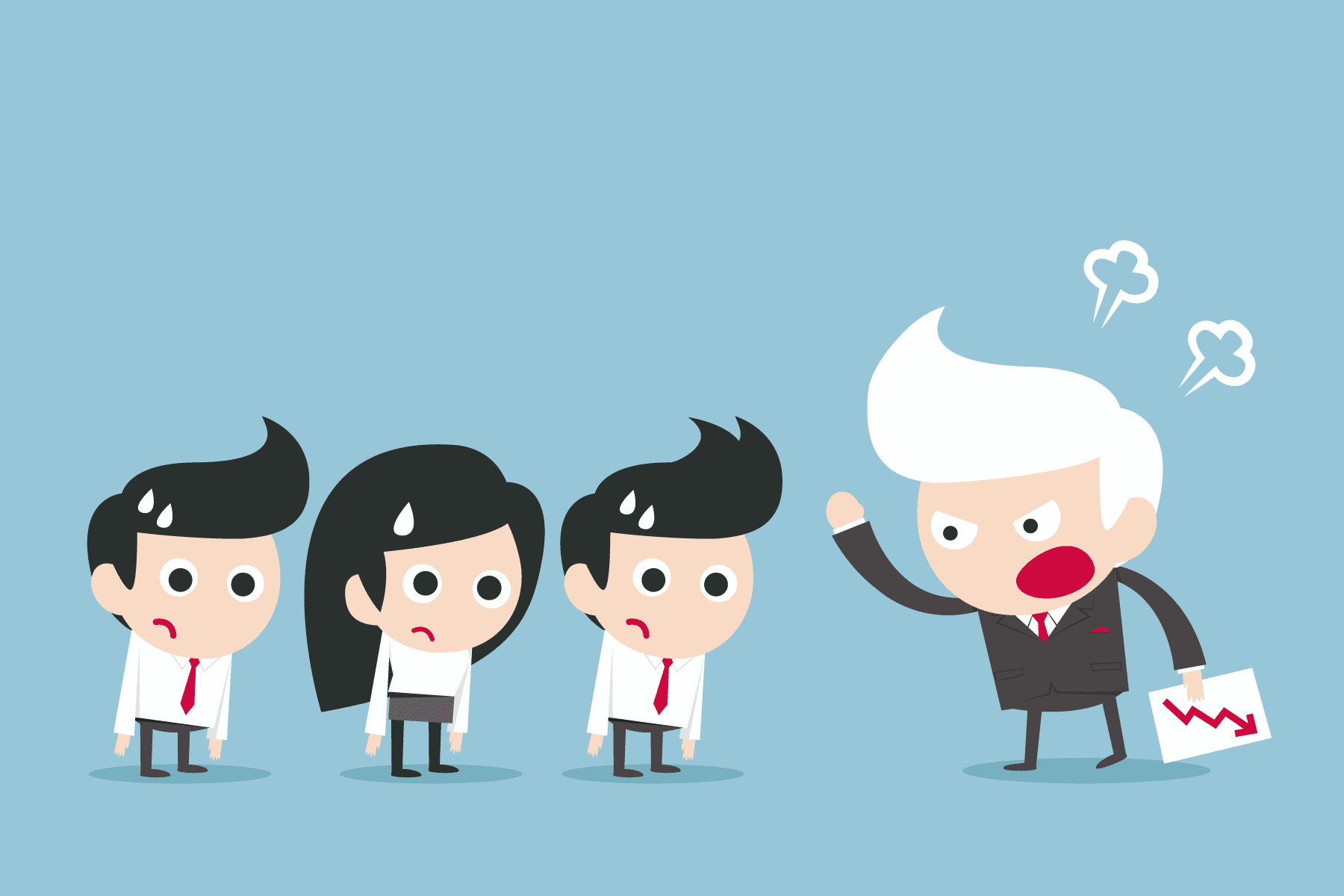2020 has been a busy and difficult year for everyone! While employees were busy settling down with the idea of remote work, HR leaders were busy in making this transition seamless.
For many of us, the transition from a physical workspace to a remote one has been palatable. Work from home has its own benefits for the employees and the organization. It helped companies reduce their costs and recruit a global workforce. Similarly, employees have gained the flexibility to work from anywhere around the world.
Also Read: Tips To Manage Stress Of Your Remote Team
However, recent studies and reports suggest otherwise. They highlight that continuous work from home has resulted in increased stress, anxiety, and feelings of isolation among employees. It has affected their mental and physical health and has increased disengagement.
The health and wellness of an employee have a direct impact on an organization’s productivity. Companies and HR leaders must treat employee health as a top priority and realign, and change the existing employee wellness initiatives to support remote employees.
Here are four employee wellbeing initiatives that we expect to see in 2025.
Employee Wellbeing Initiative #1: More Importance To Work-Life Balance
With employees working from home, they often tend to spend more time in front of their screens. They tend to overwork without even realizing it. This leaves the employee stressed and exhausted, which ultimately affects their productivity. Moreover, they get less time to spend with their families. Gallup, in their recent research, highlights that employees who report burnout are 2.6 times more likely to look for a new job.
Employees should know when to switch off, and organizations must understand the importance of work-life balance. Having a work-life balance is as important as having a good salary, job satisfaction, security, employee benefits and perks, etc.
Also Read: The Essential Guide To Employee Productivity In A Hybrid Setup
Employee Wellbeing Initiative #2: Address Employee Mental Health
According to the U.S. National Comorbidity Survey for Americans ages 15 to 54, 18% of employed individuals experienced symptoms of mental health issues.
While discussing workplace issues, almost every article or survey revolves around topics such as bullying, bad managers, workplace biases, and work-life balance. However, the topic of mental health is often overlooked. The mental health issue is one serious issue that needs to be given importance like any other.
Working from home has allowed employees to work from anywhere and flexibly at any time. However, it has led to other issues such as insomnia, anxiety, and isolation. As a manager or an HR, you cannot act as a therapist or a shrink, but you can take a series of steps to ensure that your employees are doing good.
- Have informal conversations with them from time to time to understand how they are doing
- Conduct anonymous surveys
- Give equal importance to mental health as physical health
- Give every employee training so that they can identify their mental health issues because often the signs are ignored
- Make online therapy and counseling sessions a part of employee benefits and perks
- Encourage everyone to speak up
Also Read: Employee Burnout: What You Need To Know About It
Employee Wellbeing Initiative #3: Your Employees Need To Be Physically Fit Too
While we cannot undermine the importance of mental health, physical well-being is important too. When employees were working out of the office they had access to ergonomically designed workstations, gyms, healthy eating options, etc. But with work from home, many of us have the habit of working from the couch or bed. Additionally, there is no fixed routine for work or breaks. It leads to obesity and fatigue, which ultimately affects the productivity of the employee.
Here are a few things that you can do to ensure your employee’s physical well-being:
- Invest in their remote workspace set-up
- Conduct exercise and yoga sessions online and encourage your employees to take part
- Gift your employees’ smart bands to track their steps
- Offer incentives to your employees for calories burnt
Also Read: Virtual Onboarding: A New Reality
Employee Wellbeing Initiative #4: Communication Is The Key
In the remote workspace, employees often feel disconnected and isolated from their teammates and the organization because of a lack of communication. Whether casual or formal, it helps employees to stay connected. Connect with your team over a one-on-one or in group meetings to hear their concerns. Let them know that you are there to help them out if they face any difficulty working remotely. Encourage your employees to block time for virtual water cooler breaks so that they can have a casual discussion with their colleagues. Additionally, ensure that they have the tools and software required to make communication and collaboration easy. Some of the most commonly used tools are:
- Engagedly– for real-time performance management, feedback, rewards, and gamification
- Slack, Google Meet, and Skype- for communication and easy collaboration
- Asana, Basecamp, and Trello- for Project Management
Your employees are your assets! Have you started taking care of them yet?
Do you want to know how Engagedly can help you with Employee Engagement and Employee well-being? Request for a live demo.
Request A Demo
[/vc_column_text][/vc_column][/vc_row]
Kylee Stone
Kylee Stone supports the professional services team as a CX intern and psychology SME. She leverages her innate creativity with extensive background in psychology to support client experience and organizational functions. Kylee is completing her master’s degree in Industrial-Organizational psychology at the University of Missouri Science and Technology emphasizing in Applied workplace psychology and Statistical Methods.




